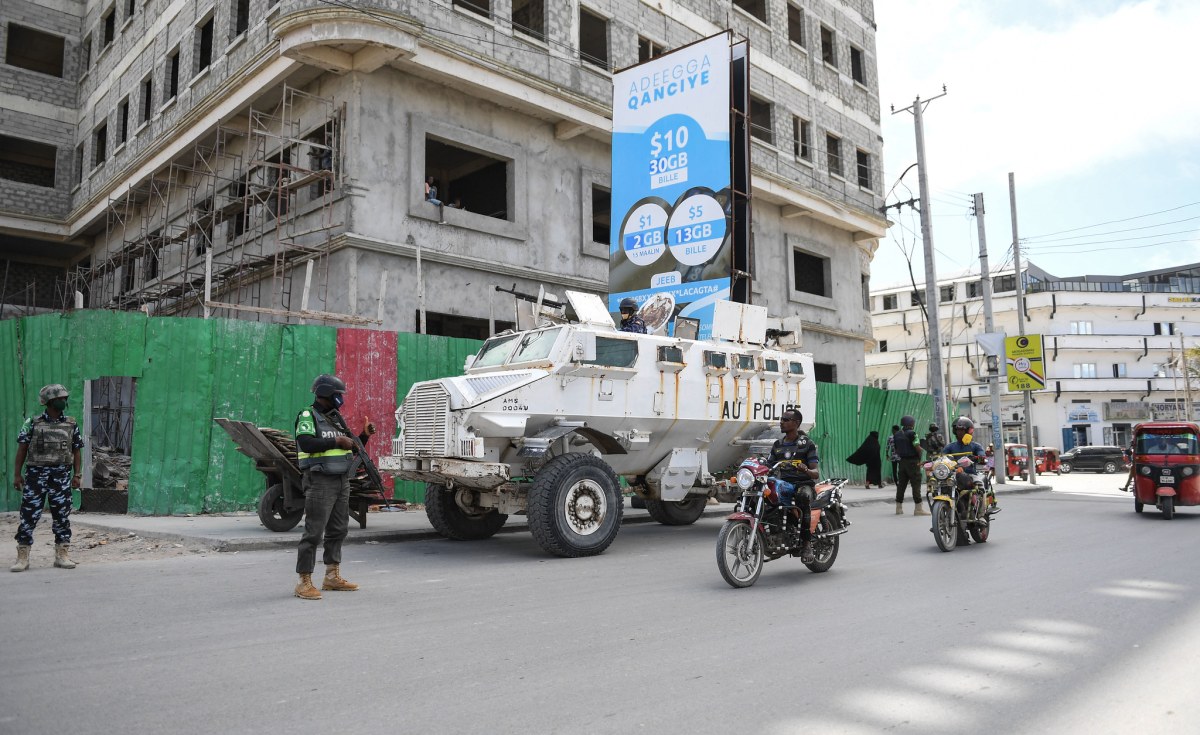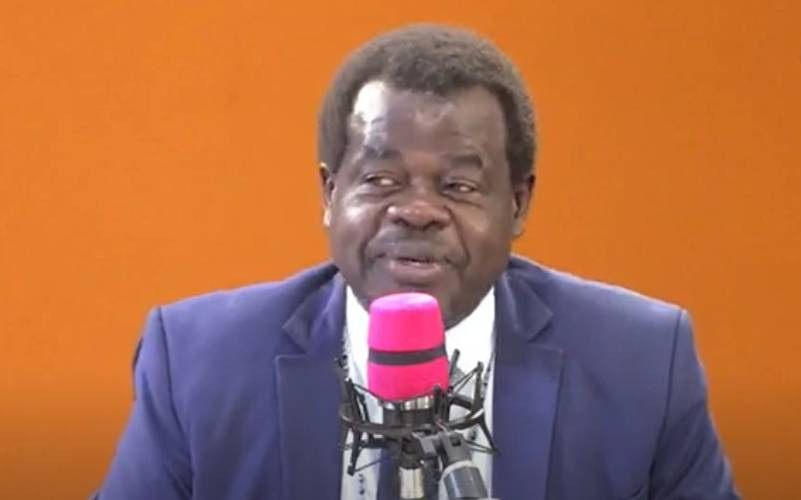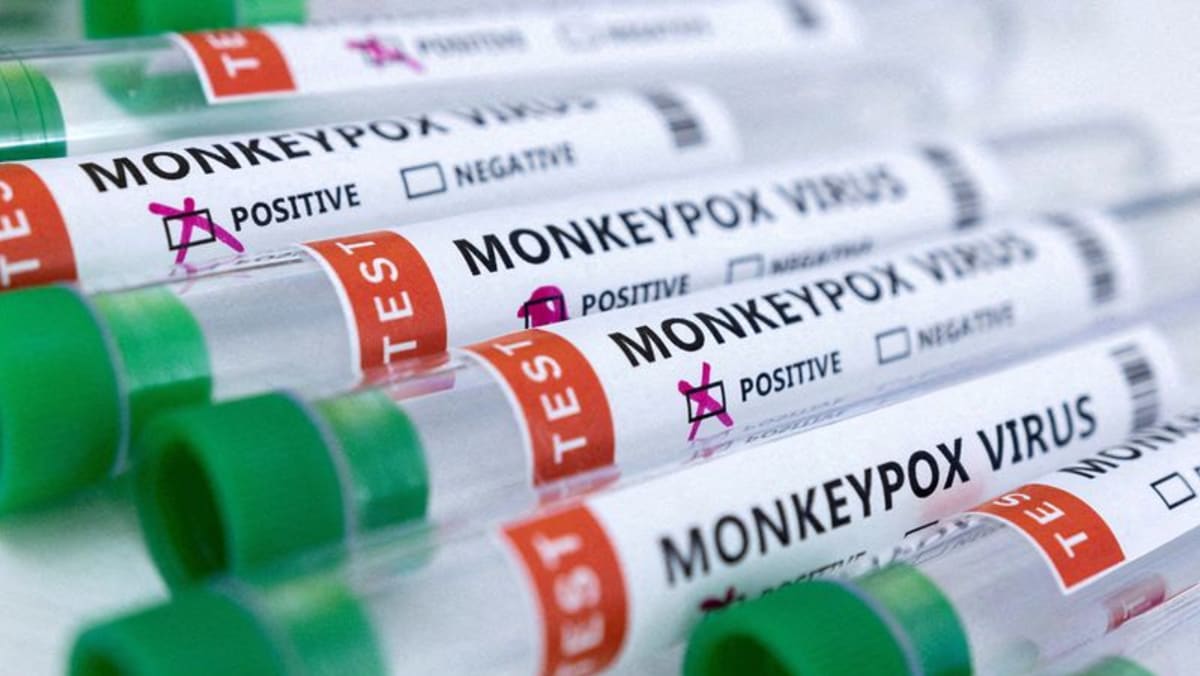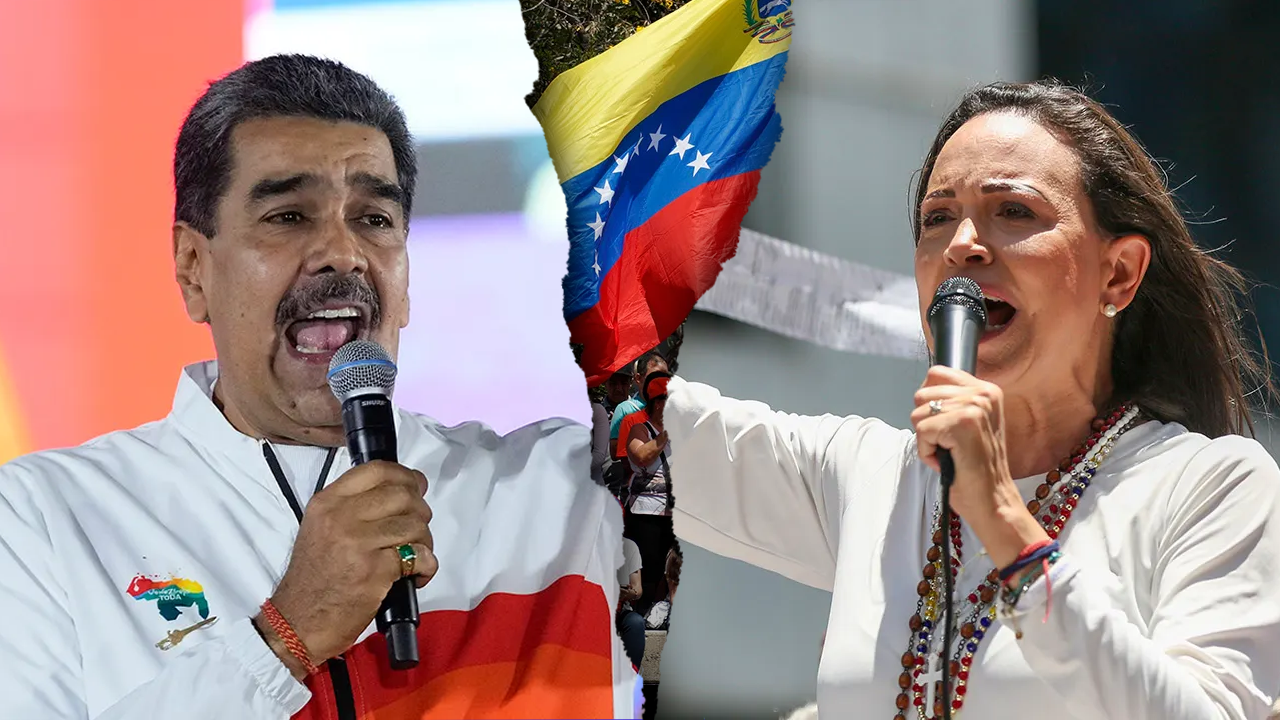Beirut — COP27 Countries Should Press Cairo to End Restrictions, Enable Participation
The Egyptian government has severely curtailed environmental groups’ ability to carry out independent policy, advocacy, and field work essential to protecting the country’s natural environment, Human Rights Watch said today. These restrictions violate the rights to freedom of assembly and association and threaten Egypt’s ability to uphold its environmental and climate action commitments, as Egypt hosts the COP27 climate summit in November 2022.
“The Egyptian government has imposed arbitrary funding, research, and registration obstacles that have debilitated local environmental groups, forcing some activists into exile and others to steer clear of important work,” said Richard Pearshouse, environment director at Human Rights Watch. “The government should immediately lift its onerous restrictions on independent nongovernmental organizations, including environmental groups.”
In June, Human Rights Watch interviewed 13 activists, academics, scientists, and journalists working on environmental issues in Egypt. All have been involved in promoting, advocating for, and working on climate action in some capacity. Some currently work for nongovernmental groups. Others who did stopped for safety or security reasons or left the country. They spoke on the condition of anonymity for security reasons. Six other people declined to be interviewed, variously citing security concerns or that government restrictions had forced them to stop their environmental work.
Those interviewed described a sharp reduction in the space for independent environment and climate work since President Abdel Fattah al-Sisi’s government took office in 2014. They described harassment and intimidation tactics, including arrests and difficulties travelling, creating a general atmosphere of fear. These experiences mirror similar tactics pursued by Egyptian authorities against independent local and international groups more generally since 2014 as part of a relentless crackdown on civil society.
At the same time, some people described a recent expansion of official tolerance for environmental activities that are easily reconciled with government priorities and not perceived as critical of the government. An emerging cohort of these environmental groups are working mostly within technical domains such as trash collection, recycling, renewable energy, food security, and climate finance. Increasingly, “the government adopts radical discourse when it comes to the Global North and its contribution to climate change and carbon emissions, just because this intersects with their interests, like the need for more funds,” one person said.
But staff members of critical human rights and environmental groups said they are wary of publicly engaging at COP27 because of fears of reprisals. “The security apparatus will probably now more than ever before focus on environmental civil society in Egypt,” an activist outside the country said. “When COP ends, they might start looking and see who is doing what, who got funds from where, for example.”
Human Rights Watch found that the most sensitive environmental issues are those that point out the government’s failure to protect people’s rights against damage caused by corporate interests, including issues relating to water security, industrial pollution, and environmental harm from real estate, tourism development, and agribusiness.
Activists also said that the environmental impact of Egypt’s vast and opaque military business activity, such as destructive forms of quarrying, water bottling plants, and some cement factories are particularly sensitive, as are “national” infrastructure projects such as a new administrative capital, many of which are associated with the president’s office or the military.
“[These national infrastructure projects are] a red line,” one person said. “I can’t work on this.”
Several people said their organizations, widely regarded as the leading ones in Egypt, have been weakened severely by government restrictions and a pervasive sense of fear and uncertainty. This leaves them unable to fulfill the “watchdog” role on abuses of government power.
“They’re so paralyzed by the possibility of what could happen that they do nothing,” one veteran Cairo activist said.
Restrictions on receiving funding has affected many environmental groups. Several laws since 2014, including a 2014 amendment to the penal code as well as the old and new law on nongovernmental groups, arbitrarily restrict grants and donations from foreign and national sources. Increasingly since 2014, the government has prosecuted dozens of independent human rights and civil society organizations, some of them doing environmental work, for receiving foreign funds, and imposed travel bans and asset freezes on leading activists. Such prosecutions have had a chilling impact on these groups.
Several people said their groups have faced substantial difficulties registering as nongovernmental groups. All activists interviewed said they have increasingly refrained from doing essential field research, both because they fear that they or the people they interview will be arrested and because it has become almost impossible to attain research permits, which typically involve one or multiple security agencies’ approval.
In February 2020, seven United Nations experts who reviewed these repressive laws and others said that they “view the totality of these legislative enactments, and their inter-related and cumulative effects, as having collective and corrosive effects on the promotion and protection of human rights.”
The government repression has forced dozens of Egypt’s leading civil society activists and groups, including those working on environmental and human rights issues, to leave the country, or downscale or quit their activism. A number of foreign human rights and environmental organizations have closed their Egypt offices since 2014. “We haven’t even thought of protesting [these days],” said one environmental activist. Another said that: “Before 2011 the space was not so closed [as it is today]. Now it is very dangerous.”
Human Rights Watch sent questions about the situation of environmental groups to Egyptian authorities on August 23 but has received no response. Egyptian authorities should urgently halt the campaign of repression against independent civil society groups, including bringing an end to years-long prosecutions, asset freezes, and travel bans against human rights and environmental groups and their staff members. The government should drastically amend the 2019 law on nongovernmental groups in accordance with its constitution and international obligations to protect freedom of association. The government should also unblock all news and human rights websites.
The United Nations Framework Convention on Climate Change Secretariat and other governments involved in COP27 negotiations should work with the Egyptian government to provide space for diverse civil society participation at the climate talks. This includes ensuring that premises are inclusive and accessible to all, and that observers, including groups critical of the government, have access to registration, negotiations, and are able to protest and express their positions freely. The Secretariat should also develop human rights criteria that countries hosting future COPs must commit to meeting as part of the host agreement.
It is fundamental for the Egyptian authorities to deliver visas on time for the COP27 participants and end all their unlawful surveillance and intimidation tactics.
“The world needs more climate activism, not less, and there can be no such effective activism when the government treats civic groups as a threat, not an asset” Pearshouse said. “The UN Framework Convention member states and the Secretariat should press the Egyptian government to make sure environmental groups feel it is safe to engage in and beyond the COP”.
Many environmental activists described a pattern of harassment by state authorities. Some have received threatening phone calls at times when they have been perceived as criticizing the government when pursuing advocacy objectives related to their environmental work. “Some of my partners in the public sector received phone calls from their bosses telling them to find someone else to work with,” said an environmental advocate who has since stopped some of their work because of such threats.
Others described being repeatedly held up for security checks and questioning at Cairo airport upon leaving or arriving, and sometimes prevented from leaving the country. One person described the harassment of their partners in the Egyptians Against Coal campaign, a popular but ultimately unsuccessful movement that emerged in response to the government’s drive to reintroduce coal to power cement factories from 2013.
“We had some prominent people who showed up on TV to speak against coal, but suddenly they started to quit the campaign,” one person said. “One was harassed by security at the airport, so he quit.”
Among local environmental groups, security summonses are common which also target residents and victims of environmental pollution. Three advocates mentioned that security agencies threatened residents who interacted with them in one campaign with terrorism-related charges. Human Rights Watch is not including the details of the case to avoid identifying them.
In recent months and years, the Egyptian authorities have removed some of the last stretches of inner city green belt in Cairo, Alexandria, and other cities for urban projects that apparently involved little to no consultations with residents or civil society groups. An activist said that organizing around such an important issue was difficult because of repression, even though Cairo is among the most polluted and least green cities in the world.
Funding Challenges
Many interviewees described government restrictions on receiving funding as their most debilitating obstacle. Egyptian and Egypt-based businesses and business-owners offer no or limited funding for any work perceived to be critical of the government to avoid reprisals targeting their investments. Egyptian civil society groups, including environmental groups, have historically had to seek foreign sources of finance, such as European and North American foundations and governments.
In 2014, President al-Sisi amended, by decree, the penal code to punish with life in prison or death sentence anyone requesting, receiving, or assisting the transfer of funds, whether from foreign sources or local organizations, with the aim of doing work that harms a “national interest” or the country’s independence or undermining public security or safety. This amendment, together with years-long prosecution of groups for receiving foreign funds, as well as new restrictions and complex processes introduced through the nongovernmental organization law of 2017 and the updated one of 2019, all have struck independent organizations, including environment groups, and their operations particularly hard.
These laws impose a range of other severe restrictions and surveillance including giving the government, led by security services, the authority to “inspect” organizations’ work at any time and without necessarily specifying the grounds. As one person described it, the government has presented nongovernmental groups “in the media and the popular culture as recipients of foreign funds and therefore agents of foreign agendas.”
An environmental advocate with a Cairo-based organization who said their organization used to cooperate in several projects with international donors and institutions stopped doing so because those international actors “allocate their resources away from Egypt because of the repression.”
Even when Egyptian environmental groups do secure funding, often by working with embassies or international institutions in Cairo, they remain captive to hostile, bureaucratic, and/or arbitrary government decision-making.
In one instance, a well-known organization was cleared to receive money from abroad, but the Social Solidarity Ministry, the government body responsible for overseeing the registration and work of nongovernmental groups, held up the funds, “until three months before the end of the project,” one of the activists involved said. “[As a consequence], they did the project in a very bad way.” Other people said the ministry has sometimes given permission for foreign transfers, only for the security services to block their distribution for unexplained and impossible-to-undo reasons.
Registration Problems
Many Egyptian environmental groups have been restricted by the difficulty, or, in some cases, the impossibility of securing status as nongovernmental groups. Two people said that they were unaware of any environmental organization publicly criticizing the government that have successfully registered in recent years.
To operate legally, civil society organizations must be registered with the Social Solidarity Ministry and undertake complex registration processes introduced by the 2019 nongovernmental organization law. The process sometimes requires hundreds of pages of documents, that interviewees said leaves many organizations no longer clear on how to go about it. “I spent a year and a half trying to figure out how we could register,” one interviewee said. “But this is over. I dropped it.”
Others have been unofficially warned off when sounding out personal contacts within government about the possibility of legalizing their status. The implication is often that the group stood no chance of success and its members risked greater scrutiny by even trying.
In these circumstances, organizations have often only been able to work under the radar, which naturally limits their scope, and/or by avoiding vital but overly sensitive topics. Alternately, independent Egyptian environmental groups have sometimes found that the only way to do work is to partner with organizations that frequently support and defend government policies and narratives.
As with funding, even initial green lights are no guarantee of smooth sailing. The authorities can freeze, or threaten to freeze, the registrations of organizations that they perceive to have crossed red lines, as they did to a few groups that supported Egyptians Against Coal. “The Social Solidarity Ministry harassed them by suddenly checking their documents,” an environmental activist said. “The check lasted for five months, [during which] their ability to work decreased.”
Research Obstacles
Even if a group is registered, a broad array of extra permits must be secured to conduct fieldwork, collect samples, import equipment, and more. Interviewees said that multiple ministries and security agencies must all sign off on these requests, particularly those related to research in isolated or border areas, such as the Halayeb Triangle, much of the Sinai Peninsula, and almost all of the Western Desert, which is facing significant environmental issues.
Egyptian laws have a very broad definition of border areas in some places encompassing hundreds of kilometers before the actual international border. The 2019 nongovernmental organization law requires governmental approval before groups publish the results of any studies or surveys and prohibits any work deemed to be of “political” nature (without explaining what is meant by political).
The 2019 law also prohibits “any activity that requires a license from a government body” without obtaining the license from the relevant body. For example, the mere act of taking photographs in a street or public area is prohibited without a license when involving even quasi-professional equipment such as lightening or reflection tools. Photography in or near any government building is prohibited without permits from “the relevant body.”
Given the laboriousness of the process, the scrutiny that these applications can invite, and their low chances of success, increasingly few bother to apply for research permits. “There is a lot of work that you don’t engage in because you simply know you won’t get permits,” said one former staff member of an environmental group who requested that his location be redacted.
As constraints have intensified, most interviewees say that they have had to rein in or abandon research altogether. One prominent Egyptian environmental group disbanded its research unit because of it became impossible to work in the field. Another prominent Egyptian environmental group now only does environment-related “desk work.”‘ Yet another Egyptian environmental group has shut down and a legal organization that previously worked on environmental themes has significantly downscaled its operations.
Another obstacle to independent research is the severe limitation on access to information. Egyptian authorities have since 2017 blocked access to roughly 700 websites, including the remaining few independent platforms for news media and human rights websites left in the country. Authorities also blocked thousands of websites and texting and calling apps temporarily during events that witnessed large protests such as during 2019 street protests. Such massive censorship, coupled with systematic arrests and prosecutions of journalists, have severely restricted access to information and reporting around topics deemed prohibited by the government including environmental issues.
Environmental Activism at COP27 and Beyond
In April and May 2019, a group of African activists reported a range of abuses when Egypt hosted the African Commission on Human and Peoples’ Rights, also in Sharm el-Sheikh, where COP will be held. Scores of participants reported that the authorities delayed or prevented them from obtaining visas or delayed delivering the badges needed to attend the official summit. Many said they were physically followed and spied on and some reported being physically abused by Egyptian security agents. They also described how hotels did not allow them to rent meeting rooms, citing “security instructions.”
Despite the general atmosphere of government restrictions, some activists said the COP27 conference was a positive opportunity for Egypt. They hope that it will help raise climate awareness and encourage more funding for climate action across the region.
In the lead up to COP27, some people said there appears to be an increasing acceptance of advocacy and action around climate justice, climate adaptation, and loss and damage in the context of global climate negotiations, which are mostly “safe,” and welcome territory, as they are not threatening to Egyptian authorities and in line with the state’s vision of itself as a champion of poor, climate-battered countries.
Several informed sources said that the Egyptian authorities, through the Ministries of Environment and Foreign Affairs, have in recent closed meetings asked several Egyptian groups to participate in the COP27 events, mostly around “welcome” topics. The UN Framework Convention on Climate Change Secretariat told Human Rights Watch in an email that one-off admission to attend COP27, outside the usual process to be accredited, was granted for over 30 Egyptian groups, all “endorsed” through the Egyptian government. Human Rights Watch sent a letter to the UNFCCC on August 22 asking about the process and criteria for these one-off admissions but has not received a response.
Activists also report a relative ease of interaction with parts of the government. Senior officials at the Environment Ministry “are accessible and communicative,” one interviewee said. In recent months, that official-to-environmentalist contact appears to have expanded beyond the environment ministry. Egyptian authorities organizing COP27 have sounded out some activists on Egypt’s environmental priorities at the conference and even recruited a few of them to assist with preparation.
Some also said that they see COP as an opportunity to bolster international awareness of the political context in which COP is taking place, not least because of its central role in hobbling Egyptian environmental activism. “There can be no improvement in the environmental situation without improvement in freedom of expression and the overall human rights situation,” one person said.




















Discussion about this post